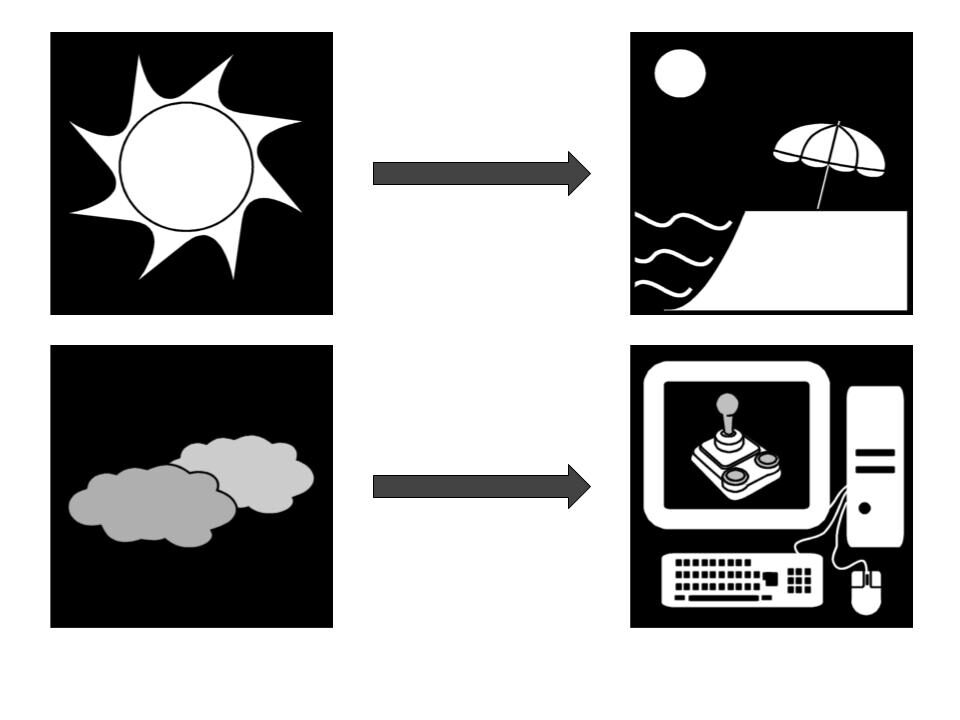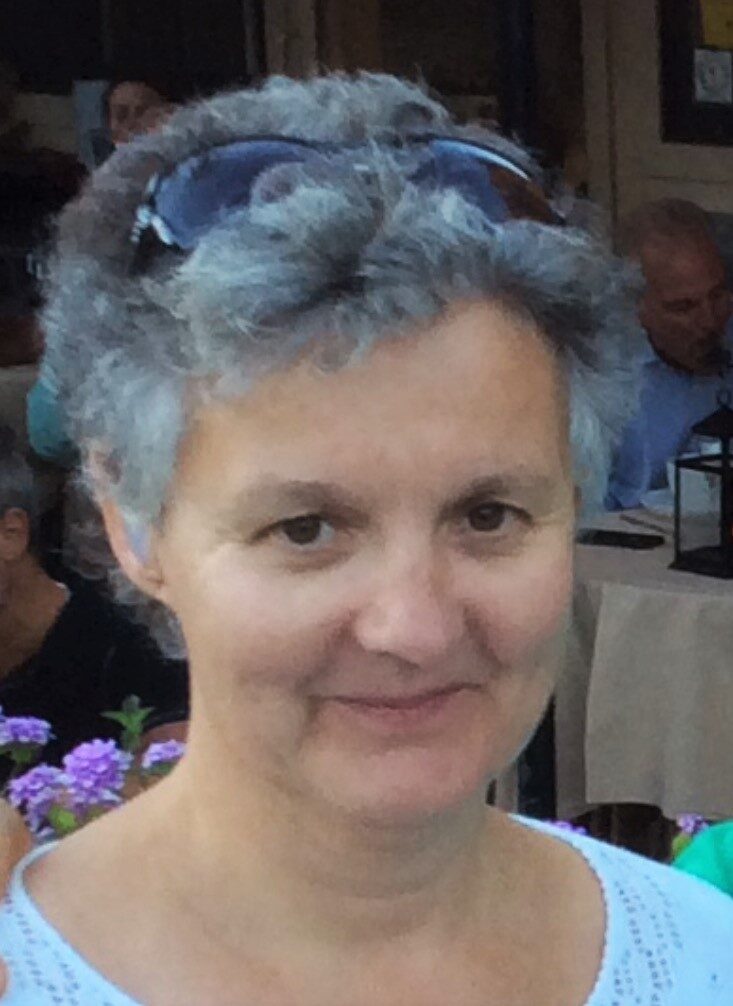Pro tip: it’s fine to want to understand your autistic friends’ sensory and accommodations issues, etc., but please don’t frame it as a “Gotcha.”
Tag: sensory issues
theuninspirational theuninspirational.wordpress.com (Content note: This post mentions ABA briefly, and gives a detailed example of an autistic child being exposed to gaslighting.) I’m an autistic parent to an autistic child. After I tweeted a bit about my take on autistic parenting, that made me think that I want to explain one of the benefits of using visual supports for clarifying life and create predictability. Visual supports like picture schedules can be used in a number of ways. Sometimes people use them in ABA settings to visualize what reward the child will receive, and I want to be clear that I don’t do that. I don’t do any kind of ABA or therapy that attempts to make my kid appear allistic (non-autistic). In my home, we use pictures and visual support to make life easier for us, as the autistic people we are. Nowadays, both my kid and I are mostly verbal but…
[image: Black horizonal rectangle with white text on the left reading “Association For Autistic Community,” and a green, blue, and red infinity sign on the right.] Zoe Cannon When I decided to go to the first Association for Autistic Community Conference in 2014, I had been lurking on the outskirts of the online autistic community for years. At first I wasn’t sure whether to go at all. Aside from the practical issues — travel drains my inner resources like nothing else — I didn’t know whether I was willing to step into a group of autistic people and claim that I was one of them. They might tell me I was lying; they might turn me away. But I was hungry for a taste of belonging, hungry enough to face packing and plane tickets and a crowd of strangers … and if I didn’t belong, I would rather find out…
Interview by M. Kelter theinvisiblestrings.com Anlor Davin is the author of the upcoming memoir, Being Seen. In her book, she describes lifelong struggles with “sensory chaos” and social pragmatics, all of which culminated in an adulthood diagnosis of autism. She was raised in France, but later immigrated to the United States. We recently spoke via email about these experiences, and her thoughts on navigating life on the spectrum. — M: I hear from many adults who suspect they are autistic, but grew up before spectrum diagnoses were available. They often ask if looking into the possibility of a diagnosis is something they should do, or if it is something they should avoid, since they’ve “made it that far” without one. I wonder if you could address those questions. What did the diagnosis mean for you, in terms of your quality of life? Were there any downsides? Anlor Davin [image: portrait of…
Matt Carey Imagine the most magical theater experience you’ve ever had. Imagine watching a beautiful girl stand up in the audience and start swaying to the music, only to move to the aisles where she pulled other kids out of their seats to dance with her. Imagine kids getting up and moving around. Some banging on empty seats. Some leaving for a while only to be welcomed to come back in when they are ready. Imagine audience members’ lights glowing with the light of some technological device. Only instead of it being someone trying to surreptitiously read his email on a smartphone, it’s a nonverbal kid using an AAC device to type out, “more music, less talking!” Imagine people leaving at the intermission, not because they don’t like the show, but because they loved it and half a show was plenty. Imagine most people staying, even though it was a…
Judy Endow, MSW judyendow.com Too much new for back to school is why I just don’t like it, though each new thing all by itself is entirely acceptable. New shiny shoes I do so love new ribbons in my hair a freshly pressed brand new pink dress Oh ……. ain’t I debonair! My satchel packed with all new things with all the stuff I need sits on the floor next to the door just waiting for me to leave! New class lists posted on the doors; the students find their names. They take their seats and wait to see what will this brand new teacher say! “Unpack supplies. Get settled in. My name is on the board.” On and on…
Stephen Shore is noted for his tireless, globetrotting autism advocacy and education work. He is also such a busy and accomplished individual that he doesn’t always mention roles like being a public member of the U.S. IACC (Interagency Autism Coordinating Committee). TPGA editor Shannon Rosa had the pleasure of talking with Stephen two weeks ago. You do so many different things that people aren’t always aware of everything you do. Can you tell us about yourself, in terms of your various pursuits? I do a lot of teaching and researching at Adelphi University on issues related to the autism spectrum; specifically teaching courses on autism: an intro course, and a more second-level course called “Diagnosis and Intervention in Autism,” in which we go deeper into different approaches and techniques. I also teach an intro to Special Education and a master’s course in which students are expected to piece together everything…



